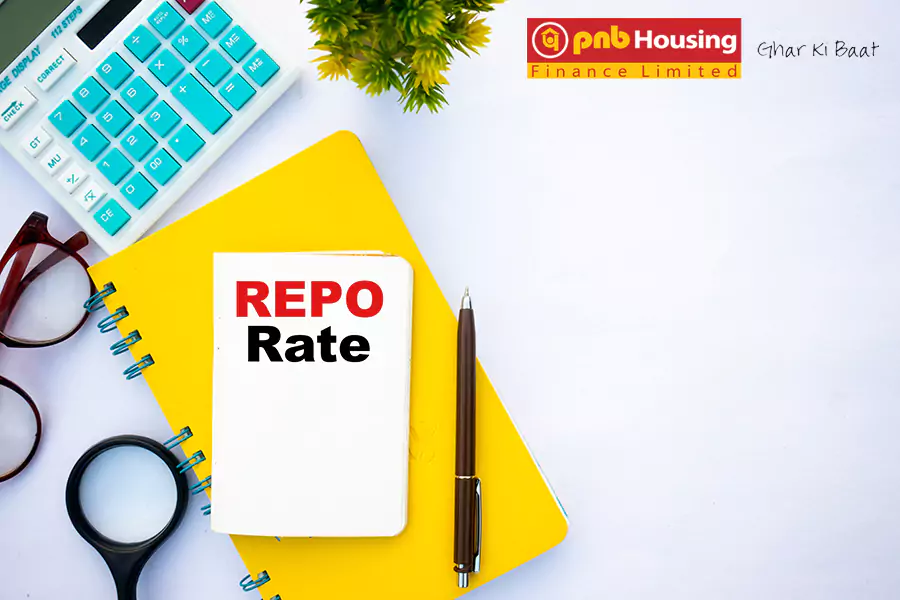When you act responsibly with your finances and make your payments on time, your credibility, which is what the CIBIL Score is all about, will improve and so will your credit worthiness.
Anyone who has purchased a home on a loan will advise you to check your CIBIL Score aka Credit Score even before you consider applying. This all-important CIBIL Score is simply a rating assigned to a loan applicant’s creditworthiness by the Credit Information Bureau (India) Ltd or CIBIL. The Credit Bureau, as CIBIL is also popularly called, assigns a score to individuals and commercial entities based on information that it collects from banks and other lenders on the past credit history (repayment of loans and payment of credit card dues) of the potential borrower.
- If you have applied for a loan and if it was not sanctioned, this article will provide you with an understanding of why your loan did not get through and how to ensure it doesn’t happen again.
- If you plan to apply for a home loan in the future, it will guide you about what you need to keep in mind to ensure that you are creditworthy.
WHEN IS A LOAN APPLICATION REJECTED?
There could be various reasons for a loan application being rejected. These can be broadly categorised into to the following:
Poor payment history — Making late payments or defaulting on EMIs are a sign of financial trouble, which are viewed negatively and affect your CIBIL Score.
Indiscriminate use of credit — while a high usage of credit will not directly affect your score, an increase in your current balance is a clear indication of an increased repayment burden and this could affect your score for the worse.
A higher share of unsecured loans — a relatively high share of unsecured loans, such as auto and/or personal loans, is likely to have a negative effect on your score. It is best to have a mix of secured (home loans) and unsecured loans.
Opening of new multiple accounts — if you have recently applied for multiple credit cards and/or opened personal loan accounts, it is most likely that your lender will look at your fresh application with a certain level of concern. Multiple accounts indicate an additional debt burden and would surely affect your score, which in turn could lead to your application being rejected.
Carelessness while closing an account – Sometimes while closing an account the account holder does not complete all the formalities and procedures or leaves a small balance pending due to oversight. This account, which is still reflected in the account holder’s outstanding obligations, has a negative impact on the credit score.
Guaranteeing a defaulter – Quite often as a goodwill gesture, we sign as guarantor to a friend or acquaintance. Guaranteeing should be a financial decision and not an emotional one as any default on the part of the borrower will impact your score adversely.
Negative remarks on your credit history – It goes without saying that remarks such as ‘Written off’ or ‘Settled’ on your CIBIL report, with regard to previous borrowings, send a bad signal to lenders.
HOW CAN YOU IMPROVE YOUR CIBIL SCORE?
It may not be very difficult to improve a CIBIL Score; all that you need to do is be conscious about the following points.
Pay-up — Make payments not whenever you feel like or when you have a healthy balance in your account but on time. Late payments are a definite no-no and are frowned upon by lenders.
Low financial leverage — Keep your borrowings and credit requirements to a minimum. The tendency to apply for a loan has to be curbed. Ask yourself if you really want that loan or the required amount can be raised from other sources. Take a loan only when you really need it.
Mixed borrowings — Maintain a healthy mix of various loans (home, personal, auto, etc.). A marginal tilt towards a home loan (secured loan) could be beneficial. However, ensure that the balance is not highly skewed.
Keep it correct – Due to some miscommunication or oversight, if there are mistakes in your personal account or credit card records, communicate with the lender immediately and make sure that these are corrected; else for no fault of yours, your Credit Score will suffer.
Don’t allow defaults on joint account payments and don’t guarantee someone who may default on their payments — such actions could be as damaging to your CIBIL Score as non-payment on any of your own accounts.
CAN YOUR HOME LOAN IMPROVE YOUR CIBIL SCORE?
The answer to this may come as a surprise; but yes, a home loan can improve your CIBIL Score. Any secured loan (home loans) will improve your CIBIL Score and an unsecured loan (auto loan, personal loan, etc.) will take your score down. The logic behind this is very simple; secured loans usually go towards the creation of an appreciating asset, while an unsecured loan goes towards the payment of a depreciating asset.
So, if you are planning to avail a home loan, it is important that you choose a lender that is fair and transparent. The lender should assume its responsibility to let you know, if your home loan is rejected because of low CIBIL score.























